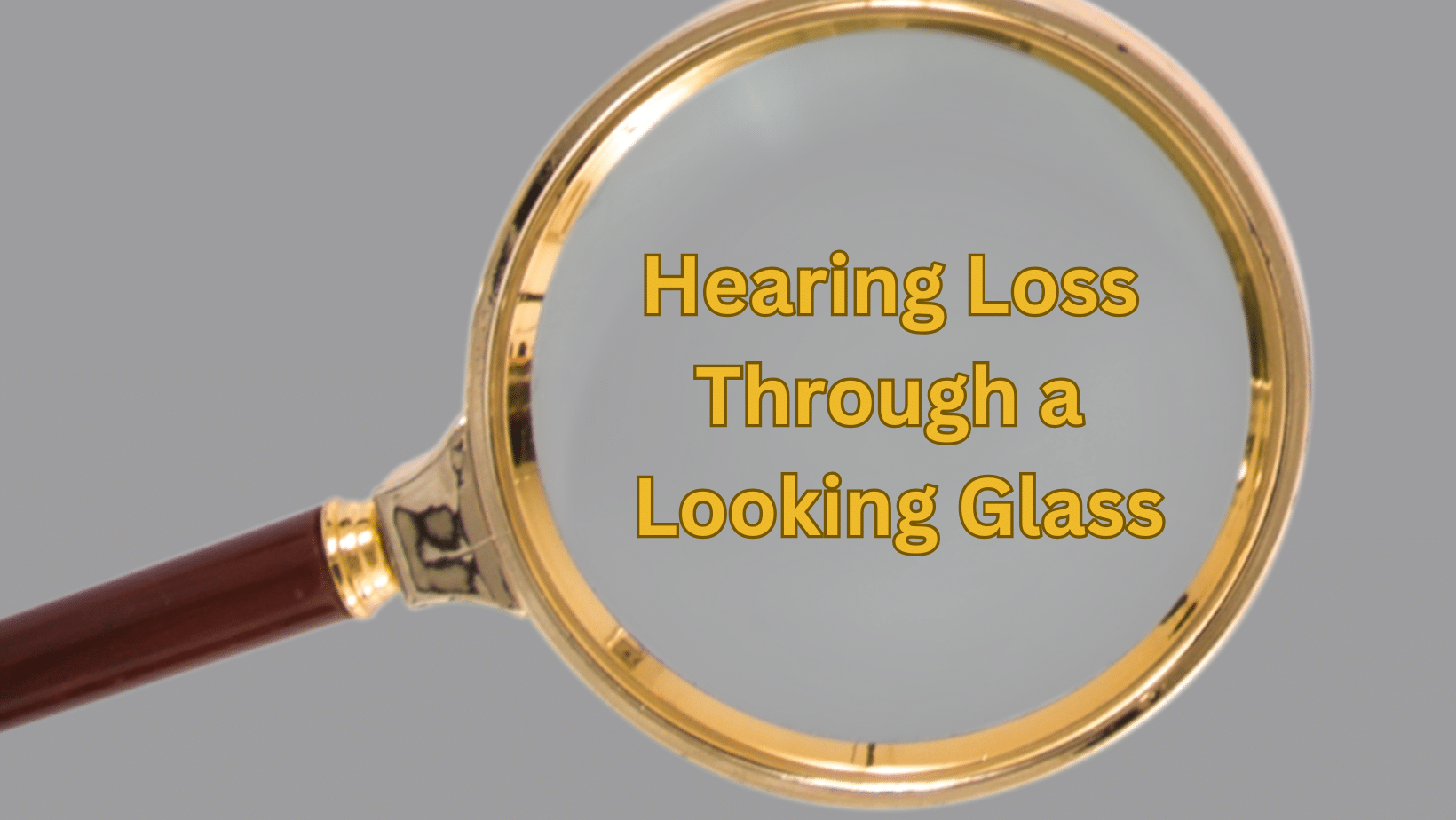What are the big-ticket items that frustrate you about having hearing loss?
Why don’t “they” fix it!
The cost of hearing aids (and why aren’t they perfect?)
Why don’t people understand our needs?
It’s important to ask ourselves (and other people) these questions, especially if they lead us to think and learn about hearing loss. The more we understand about how hearing works, what makes it not work, and what can be done to make it work again through communication strategies, the better the relationship we’ll have with our own hearing loss.
This knowledge gives us the power to lessen the negative impact of hearing loss by taking charge of improving our listening situations. In our book Hear & Beyond: Live Skillfully with Hearing Loss, Shari Eberts and I discuss how holding an inner magnifying glass to our mindsets can lead to some surprising and positive shifts in our self-view.
Negative mindsets always have negative impacts. Positive mindsets always lead to at least some positive results. Obviously, this doesn’t mean that the power of positive thinking will cure hearing loss, but it will certainly improve your daily life.
Do you resent technology because it’s ‘tricky and expensive’? Why not consider that ‘technology is my friend and allows me to experience sounds that I can’t otherwise hear’?
Do you project your own emotions on to others? When you worry that people will consider you slow or ‘lesser than’ because of your hearing loss, is it possible that you carry that same stigma inside of you?
If you try to hide the fact of your hearing loss, it can lead to misunderstandings. Being open about it, with no shame or apology, always leads to better communication.
Our hearing loss affects our families and friends, too, because communication is a two-way street. If we want them to respect our frustrations, it’s important to understand and respect theirs as well.
Accepting the realities of hearing loss take time – it can be tough. The embarrassing bits can be hurtful to our self-esteem. With some work, we can also let them bounce off us – maybe even laugh them off.
It took me years, but I learned that when I hold mental magnifying glass to those nitty-gritty hearing loss moments, I can find ways to turn them into something less painful, more preventable, even more positive. That same lens has also shown me that I can handle the rough stuff, and with a grace that the younger me did not possess.






